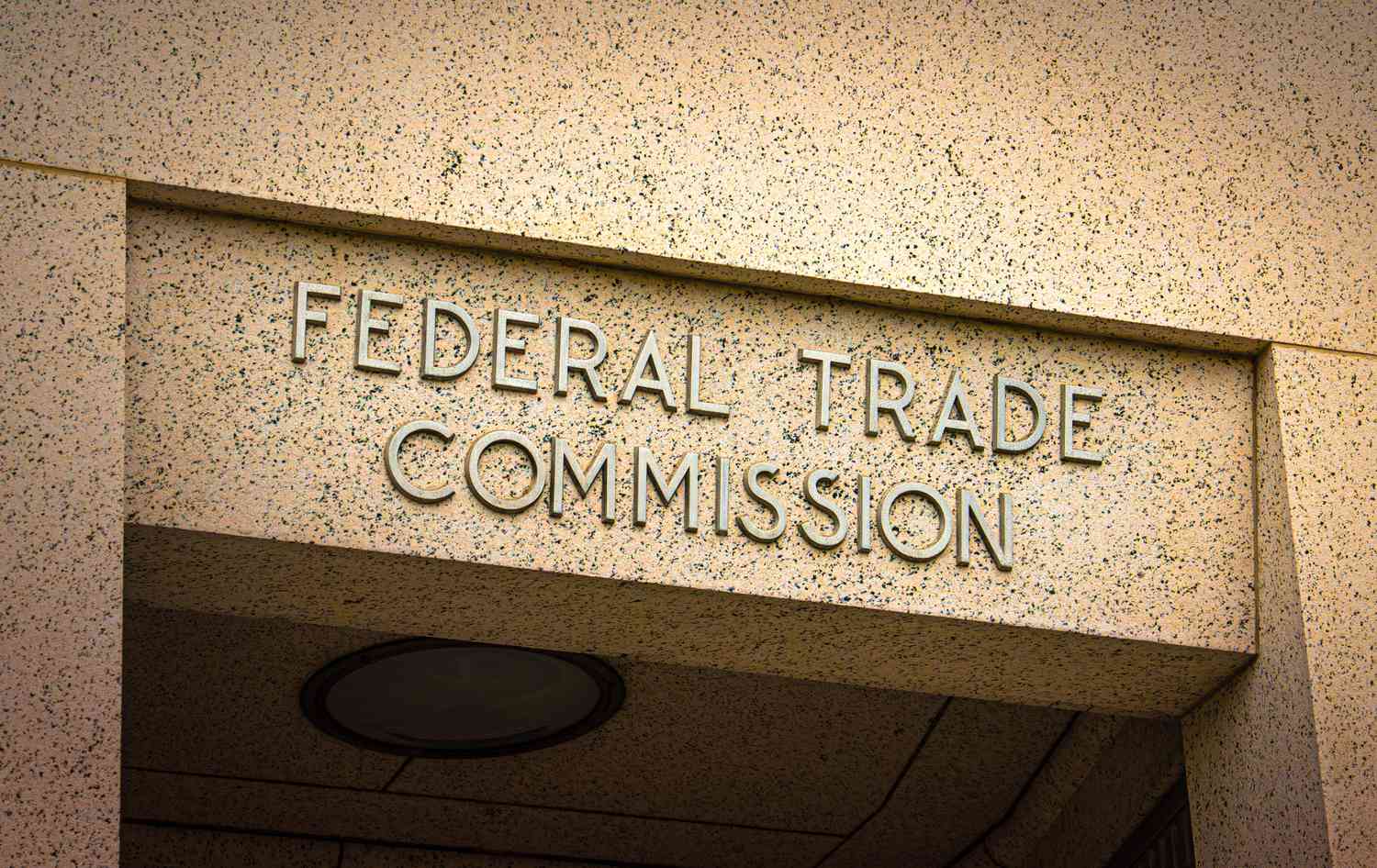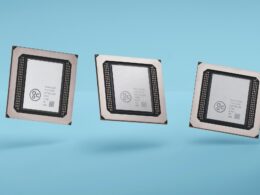NVIDIA’s prolonged efforts to acquire Arm in 2022 collapsed due to considerable regulatory obstacles. In a conference held by Bloomberg this week, Federal Trade Commission (FTC) Chair, Lin Khan, stated that the failed transaction prompted both companies to focus more on innovation, eventually benefitting both.
Regulatory Success and Market Impact
Khan’s comments suggest that this incident illustrates the success of antitrust bodies in governing the high-tech market. When the deal fell through, NVIDIA and Arm refocused on organic business growth and seeking new revenue growth sources, primarily in the field of artificial intelligence. The trajectory of both companies, noted by Khan, not only provided benefits for themselves but was also advantageous for society as a whole.
Evidence of Post-Deal Success
The FTC chief cites the current share prices of both companies as proof of their success. NVIDIA’s capitalization is nearing $2 trillion, making it the largest company in the US stock market based on this measure. Arm decided to enter this market after the NVIDIA deal failed, and the placement of its shares is also seen as a success. While the NVIDIA deal valued Arm’s business at $40 billion, its capitalization now exceeds $150 billion.
FTC’s Contribution to the Process
The FTC voiced its objections to the NVIDIA-Arm deal to the potential participants by the end of 2021. Within three months, both parties announced the termination of preliminary agreements and withdrew from further attempts to consolidate. According to Khan, NVIDIA’s acquisition of Arm could have hindered market innovation and negatively impacted competition. The high current share prices, by the FTC chair’s statement, indicate a high level of investor confidence in these issuers and their current market strategies.





